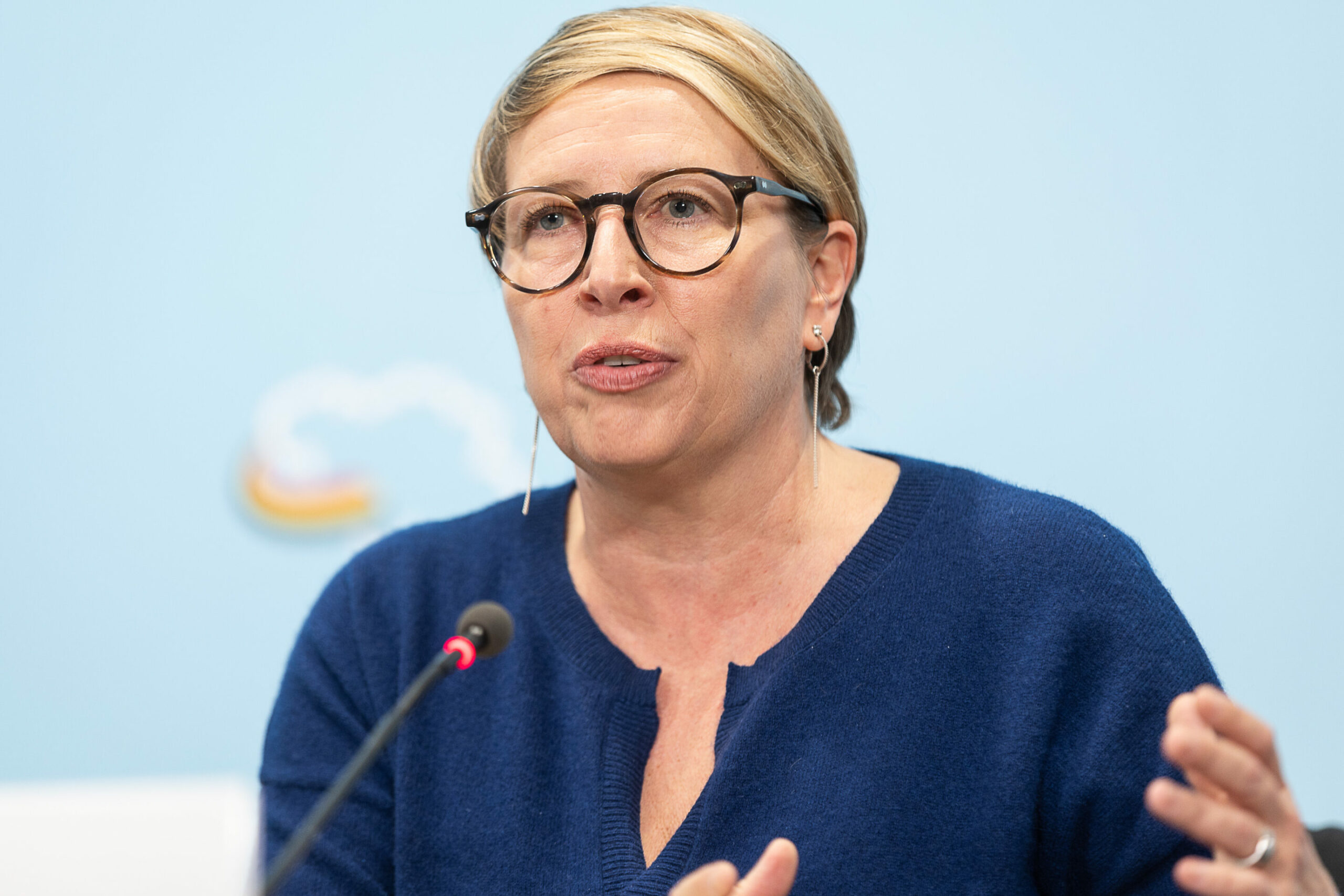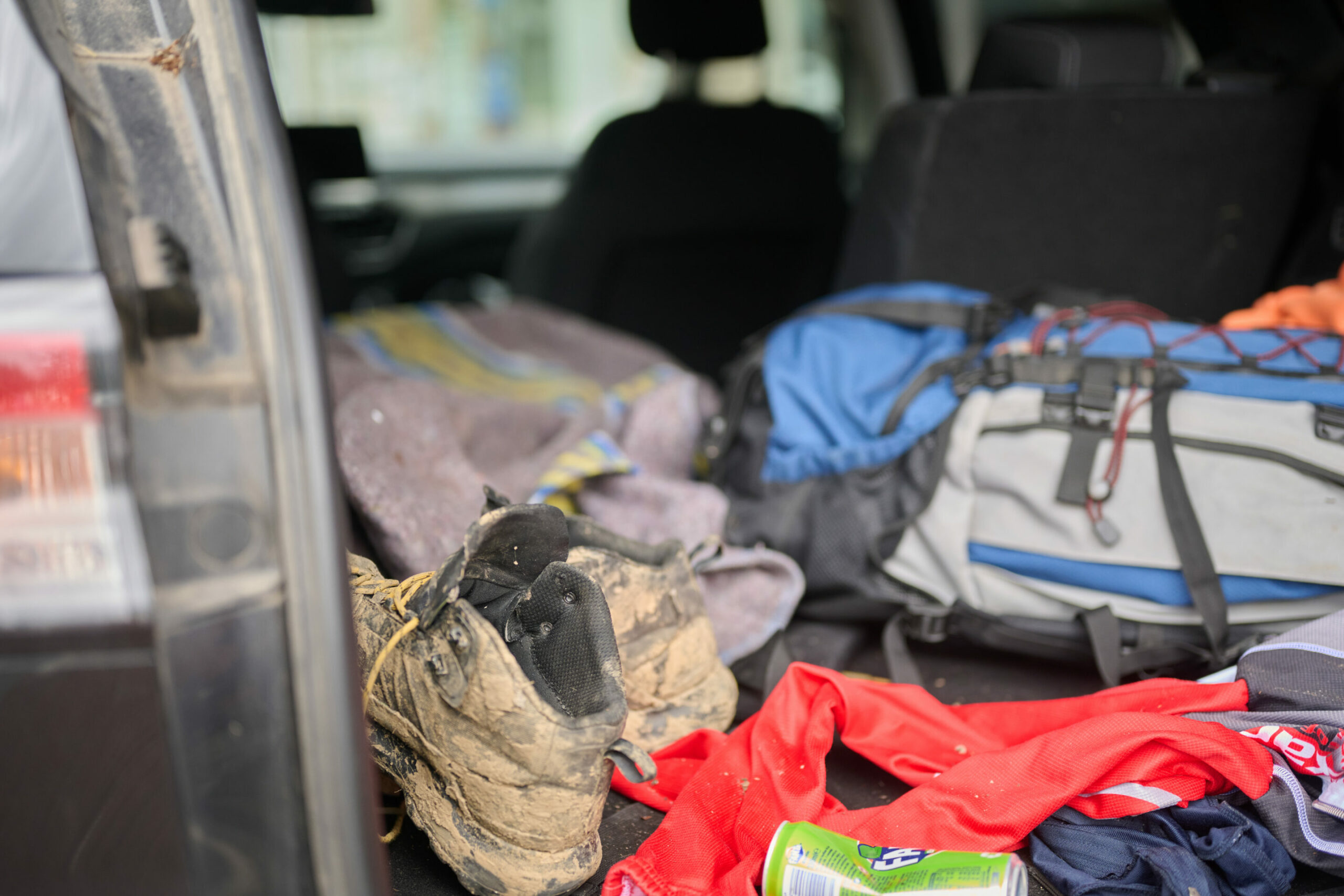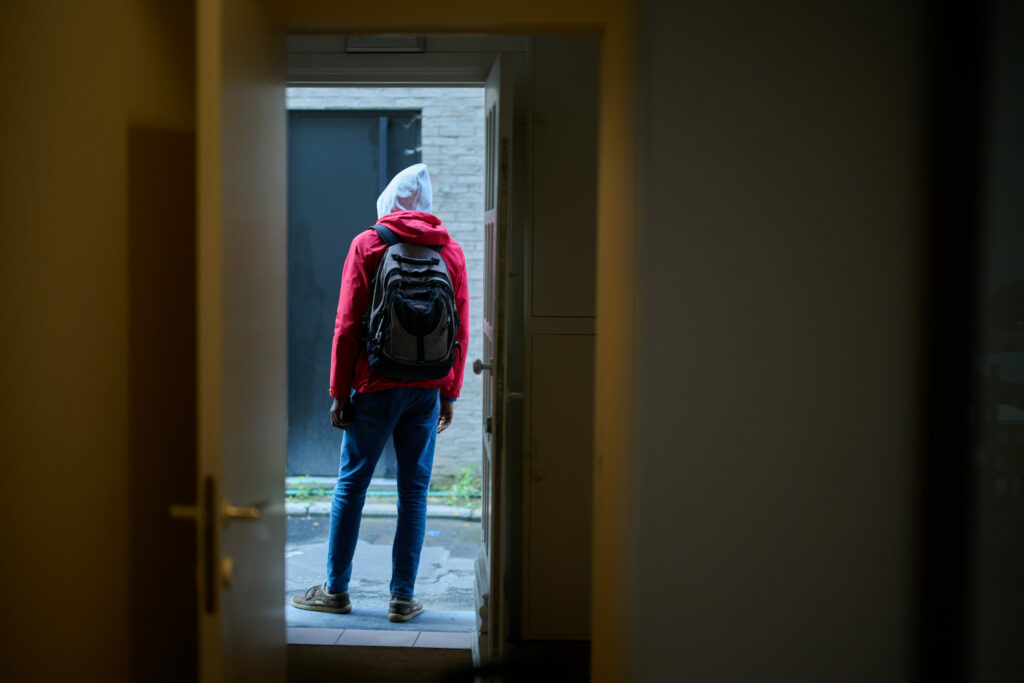There are 20,363 people in Flanders without a permanent home, the most recent census has revealed.
The figure comes from one count conducted in the Westhoek region, 22 municipalities around Antwerp and the city of Aalst last October, as well as four previous counts in other regions. The estimated figure was 19,479 in October of the previous year.
Reacting to the result, Flemish Welfare Minister Caroline Gennez (Vooruit) noted that the stereotypical image of a homeless man with a beard sitting on a bench does not apply to most cases. Only 5% live on the streets. 32% stay with family or friends and 27% live in shelters or temporary accommodation.
"Every child deserves a safe, stable and warm place to grow up, especially in a rich region like Flanders," the Minister said. "It is incredibly important to combat and prevent homelessness," she added, reiterating the Flemish Government's plans to invest €6 billion in the construction and renovation of social housing. The goal is to shorten waiting lists and reduce the pressure on the private rental market.

Flemish Welfare Minister Caroline Gennez (Vooruit). Credit: Belga / James Arthur Gekiere
Over 6,300 homeless children
Over 6,300 homeless individuals are children. One third of the approximately 14,000 adults are women. Women are more likely to stay in temporary shelters or with family and friends.
More than a third of the homeless population lives in cities and towns with fewer than 50,000 residents. 13% live in towns with fewer than 15,000 residents, and 20% live in towns with between 15,000 and 50,000 residents.
One third of those surveyed in the last count were minors. 44% of this category reside in shelters or temporary accommodation while 23% stay with family and friends. For 17%, the threat of eviction looms within a month.
Making the invisible visible
The new figures confirm previous findings about homelessness, according to KU Leuven Professor Koen Hermans of LUCAS research centre.
"We are making the invisible part of the homelessness iceberg visible," he said. "It includes single mothers, families with children, people with precarious residency statuses and young adults. Also notable is that a third of the homeless have been in this situation for over a year. The impact of living in such uncertainty for so long is enormous."

Credit: Marc Wallican / W13
Flemish MP Loes Vandromme (CD&V), who was involved in the count, said the availability of homeless assistance is often insufficient. As local governments are currently working on their multi-annual plans, Vandromme said these results come at an opportune moment.
The Interfederal Support Centre for the Fight against Poverty organises the counts and has carried them out in 194 with the support of LUCAS and the Flemish Government.
"Regular and uniform counts in different regions help collect comparable data," the centre stated. "Clear data is essential for effective policies to combat homelessness."
A new count is scheduled in just over six months, with the specific region in Flanders to be confirmed. Counts in Wallonia and Brussels have already occurred and results will be published soon.

